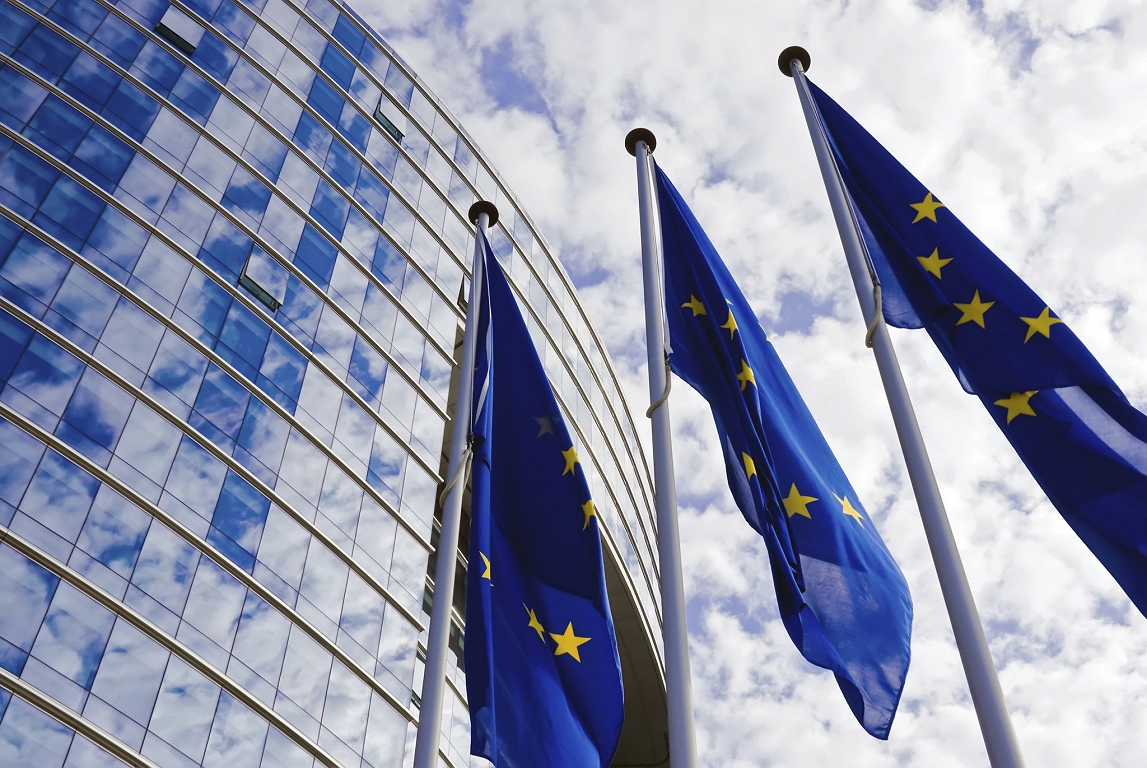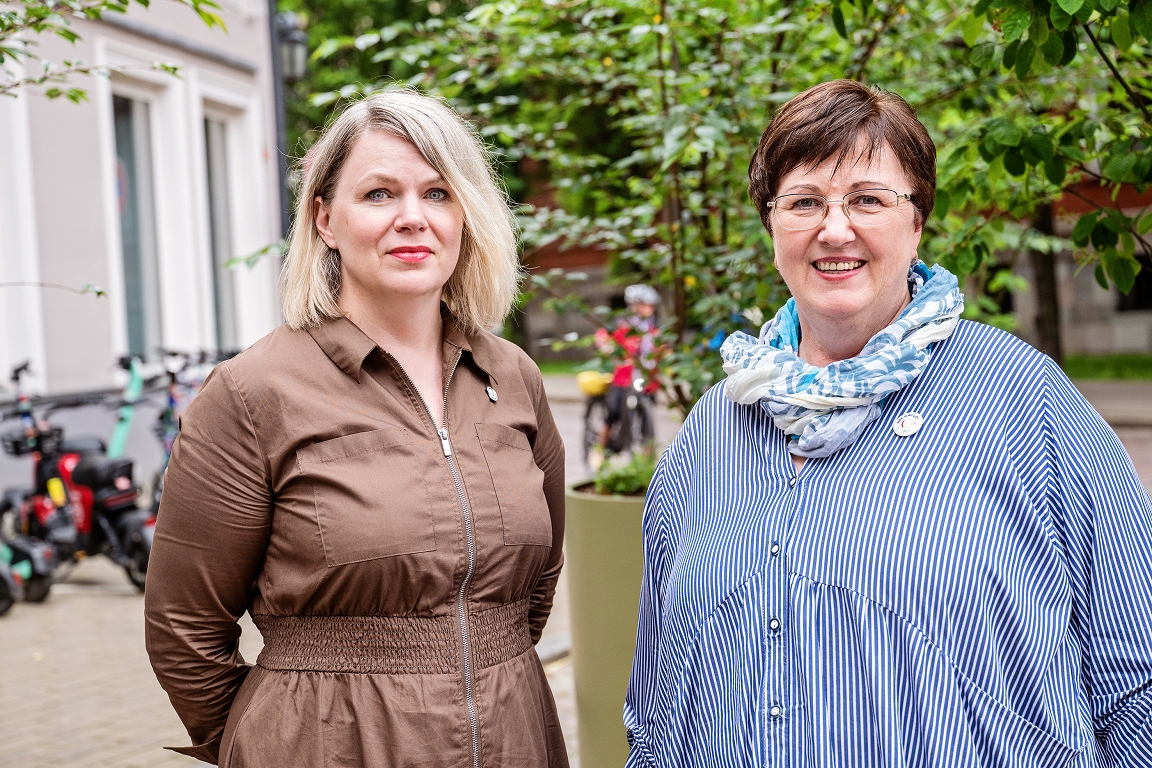Latvia, Lithuania, Estonia and ten more countries call on the EU to respond to GNSS Disruption / Day

Ministers of Transport and Digital Affairs of 13 countries have sent a joint letter to the European Commission (EC), encouraging immediately and coordinated to respond to GNSS disorders created from Russia and Belarus. The letter of Lithuania also emphasizes the urgent need to accelerate the development of safe GNSS services, promotion of overall resistance to critical infrastructure and strengthening security across Europe.
« The current security environment requires a common reaction to hostile hybrid threats, as well as close cooperation to strengthen Europe’s preparedness and persistence. GNSS signal disorders directly affect strategic industries such as transport, energy and telecommunications. And the Minister of Communications, Eugene, will be tired.
The letter is addressed to the EU Supreme Representative in foreign policy and security policy, Kaai Kallas, Defense Commissioner Andrjum Kubilum, Sustainable Transport and Tourism Commissioner Apostol Dzidzikost and other EC members. The ministers of 13 countries have emphasized that since 2022, there have been two types of intervention in the Baltic Sea region, GNSS – signal blocking and counterfeiting. This threatens different modes of transport, in particular civil aviation and shipping.
The joint letter has been signed by ministers from Latvia, Lithuania, Estonia, Germany, Slovakia, Finland, Slovenia, Czech Republic, Italy, the Netherlands, Spain, Denmark and Romania. It also states that GNSS disorders are not accidental incidents, but a systematic, deliberate action by Russia and Belarus, which can be used as a hybrid attack on the strategic radiofrequency spectrum, which is essential for modern technology, regional safety, especially in transport.
In addition, ministers have called on the EU to increase diplomatic efforts to prevent disruption and pressure on the responsible parties, such as to improve European security, to legally turn to responsible persons and bodies involved in conscious GNSS signal disorders.
Among other immediate measures, ministers have proposed to strengthen radio frequency monitoring and improve civil and military coordination mechanisms between Member States to carry out a joint monitoring, data exchange and possible response to GNSS disorders. They also encouraged the accelerated introduction of interference -resistant GNSS services, especially in the Galileo program, as well as the improvement and modernization of the usual navigation infrastructure.
At the end of February, Marjus Chesnulevich, Adviser to National Security, President of Lithuania, said GPS disorders were related to Russia’s attempts to protect against Ukraine’s response to Russian territory, adding that Lithuania was not a specific goal.
According to the Lithuanian air navigation service provider « ORO Navigation », 440 reports of GPS disorders were received in January, which is ten times more than in January 2024.
Meanwhile, the latest data of SJSC « Latvijas Air Traffic » (LGS) show that the global positioning system (GPS) disorders in Latvian airspace have been recorded 497 times in the first five months of this year, which is 52% more than in the same period last year.







